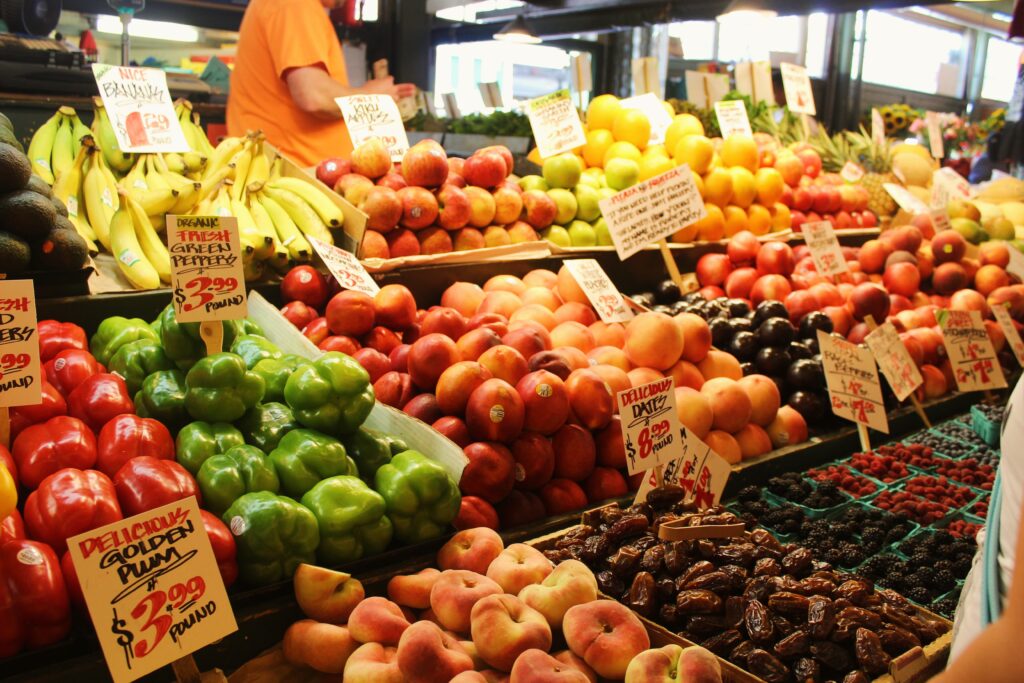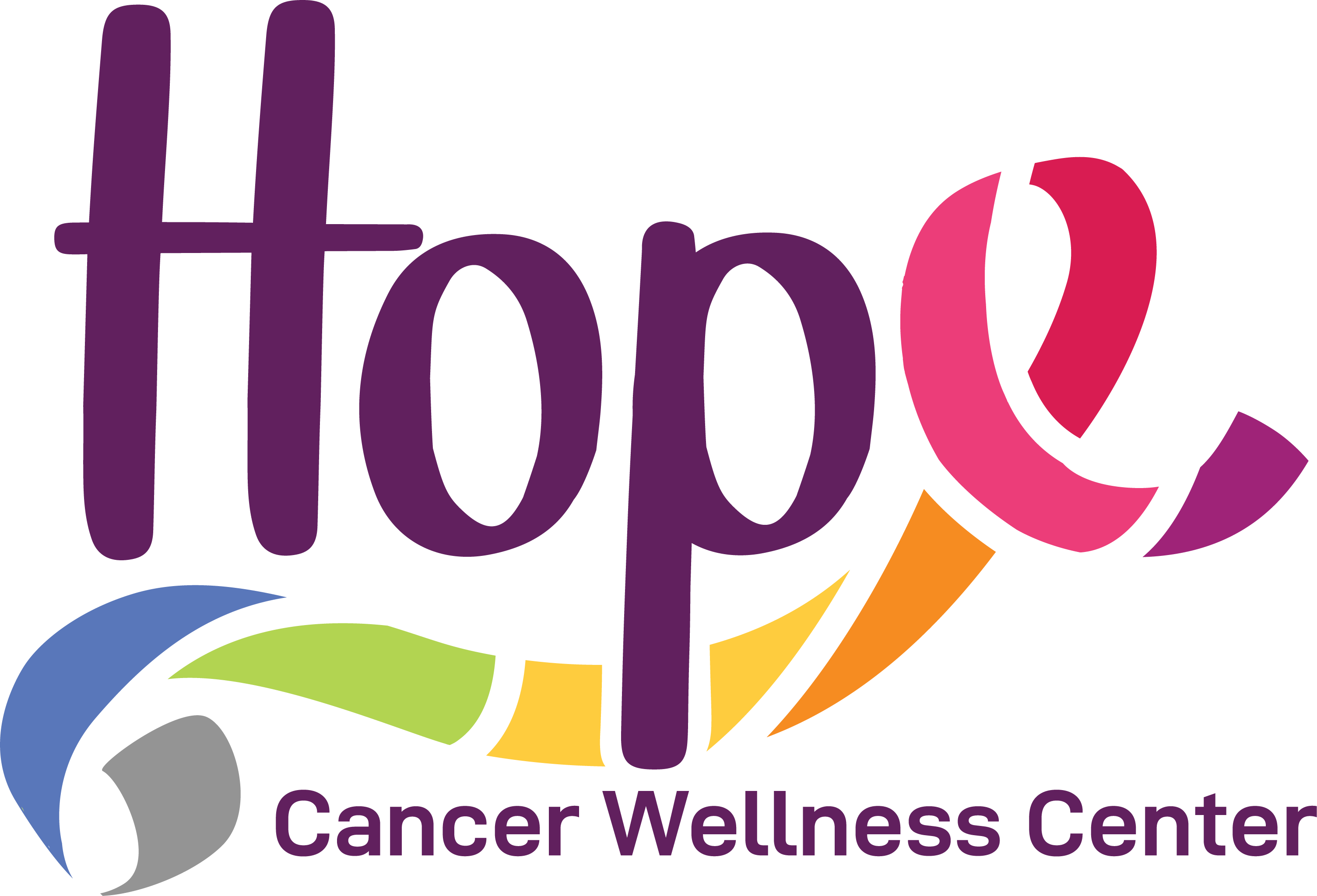By Julie Lanford MPH, RD, CSO, LDN

Nutrition and Cancer Basics:
It’s important to know that no single food or nutrient can cause cancer or prevent cancer. Nutrition, or any form healthy eating, cannot be used to “cure” cancer. However, good scientific evidence does show that the right combination of foods in a mostly plant-based diet can play a role in maintaining healthy cells and promoting healing for any damaged cells.
Evidence continues to point to the minerals, vitamins and phytochemicals found in plant foods, and how they interact to provide extra cancer protection. These nutrients all work together much more efficiently than working on their own, which is why nutrition in FOOD works much better than nutrition in a pill or powder form! I believe that phytochemicals really are the basis to a cancer fighting diet.
Why are phytochemicals the basis to a cancer fighting diet?
There are more than 900 different types of phytochemicals and they have their own unique role in the body. Whether you realize it or not, you have heard of them. Antioxidants are one subcategory of phytochemicals, and there are lots and lots of different type of antioxidants. Beta Carotene is a phytochemical as is lutein, lycopene, isoflavones and catechins.
A few examples of ways they function are:
- inhibit the reproduction of cancer cells
- help to prevent tumors from releasing substances that destroy healthy cells
- act as an antioxidants, therefore removing potentially dangerous “free radicals” from the body before they can do harm.
- have anti-inflammatory properties
- help the body deactivate specific carcinogens
- cruciferous vegetables are known to help regulate a complex system of bodily enzymes that defend against cancer.
- prevent the kind of damage known to trigger the cancer process
- As my co-worker sums it up: phytochemicals go around the body cleaning up the stuff that causes disease!
How do I get phytochemicals?
Food sources of phytochemicals come from:
PLANTS! You will note that you do not get phytochemicals in animal based
foods. Consuming animal products can be part of a cancer fighting diet,
but only in the context of mostly plant based diet.
Less processed. Plants that are ultra processed have phytochemicals removed. For example, white rice does not have near the phytochemical count that brown rice does. And despite the name “veggie crisp” we know that those light green crunchie things that come in a shelf stable bag are not exactly the same as vegetables!
Bonus points for phytochemicals from tea, herbs, spices and whole grains, because anything that is a plant, that you can eat, has phytochemicals!
In truth, a big part of what is wrong with America’s diet is the gap between the nutrients our body NEEDS and what we actually put in our mouths. It’s not so much all the junk we eat (although the typical American probably eat too much junk!), it’s the LACK of plant nutrients that is the biggest problem.
If we don’t provide our body the nutrients it needs, day after day after week after month after year after decade, how can we expect our body to function optimally?
How many phytochemicals do I need to create a cancer fighting diet?
The more the better! Research CONSISTENTLY shows that the populations of people who have the lowest rates of disease consume between 4 and 5 cups fruits + veggies per day.
Julie’s Fruit & Veggie Plan = 1 cup of fruit at breakfast, 1 cup of veggies at lunch and dinner, fruit for dessert and you’re up to 4 cups!
A practical way to help yourself get to this level is to fill 1/2 of your plate (or bowl) with vegetables and/or fruit, 1/4 of your plate with a whole grain and 1/4 of your plate with a protein (bonus points for a plant based protein!).
The Bottom Line:
What I want you to learn from this information is to see eating as an opportunity to promote your health. Each and every time you decide to eat, you can choose to provide your body with health promoting plant nutrients. Notice how your body feels in response to different foods!
No – you will not make the healthy choice 100% of the time. But I think a good goal is that you make the health promoting choice 80% of the time. Give yourself the freedom to “feed your soul” sometimes too. Afterall, what’s the point of good health if you aren’t enjoying it!
The post Nutrition and Cancer 101: The Basics appeared first on Cancer Dietitian.
